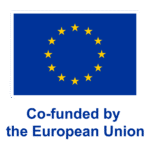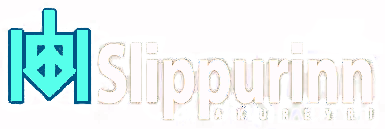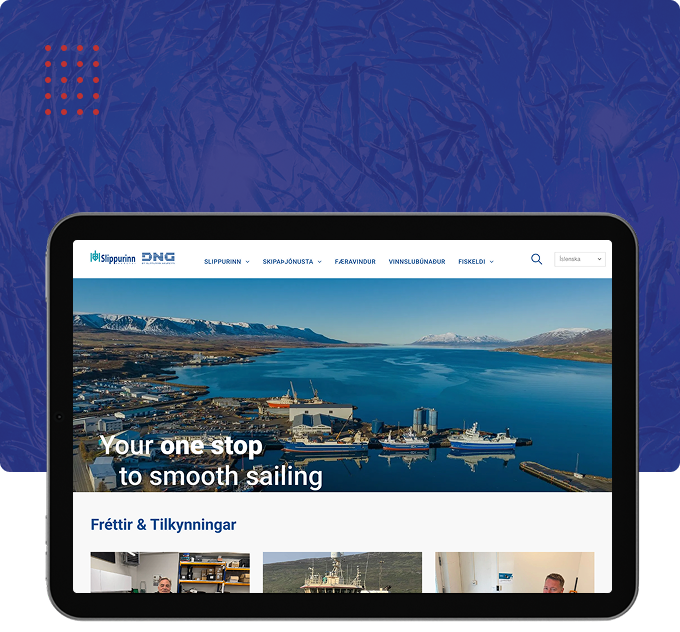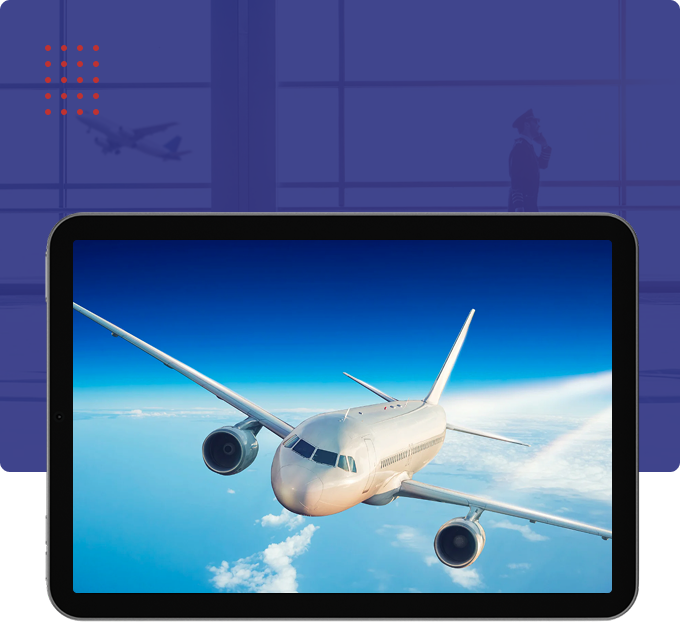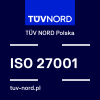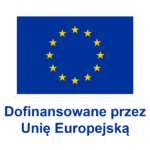What was the business need?
Slippurinn, a company specializing in marine services, commissioned us with a project to create dedicated software for its advanced production machinery. Unfortunately, this company had limited expertise in developing advanced IT systems. Despite having vast experience and expertise in building dedicated machinery, they needed support in creating a production management system.
We aimed to provide excellent quality dedicated software to take advantage of Slippurinn’s tools. We also had to keep in mind both the needs of our client and the needs of the target end customer that would use the system.
An additional requirement was the distribution of products to the international market, so the system supports the creation and printing of labels in multiple languages.

What was the challenge?
The main problem we had to solve was to create a complete system from scratch and ensure communication between the machine and the system. The program we created was designed to enable and facilitate control of the entire production process.
- Designing the main production processes from scratch to ensure efficiency and optimization of operations.
- Striving for maximum automation to reduce manual labor.
- Integrating our system with these devices.
- Designing and implementing real-time bidirectional communication between Promas and other components to enable effective information exchange and synchronization of operations.
- Integration with equipment (sorter, gates, processing line, printers) to ensure smooth operation and data exchange between sensors on the belt.
- Label design and printing: we have developed mechanisms to design and print labels according to customer requirements and enable proper labeling of products.
- Integration of multi-vendor printers to enable flexible management of the label printing process.
- Real-time processing of data from multiple devices to monitor and manage production processes in real-time.
What was the solution?
Configuration module: This module allows the machine to be configured for a specific product, taking into account information such as where the fish was caught, country of origin, size, weight, and method of catch. The configuration is customizable and allows for product traceability and information on the final products created from those that go to the sorting plant.
Label editor module: This module allows the creation and printing of various types of labels, both for containers and pallets. Labels can include images, QR codes, and barcodes and are available in multiple languages. The module also integrates with printers from many manufacturers.
Production management module: Responsible for sending product processing information, based on which the machine takes action according to the customer’s settings and preferences. The customer can send a configuration, determining the machine’s behavior. The human is only responsible for setting the program, and the system can continue processing and sorting fish until it stops. Communication between production and the system is two-way – the customer sends processing information, and the system sends information about the products on the belt.
Reporting module: It is responsible for generating reports related to production.
